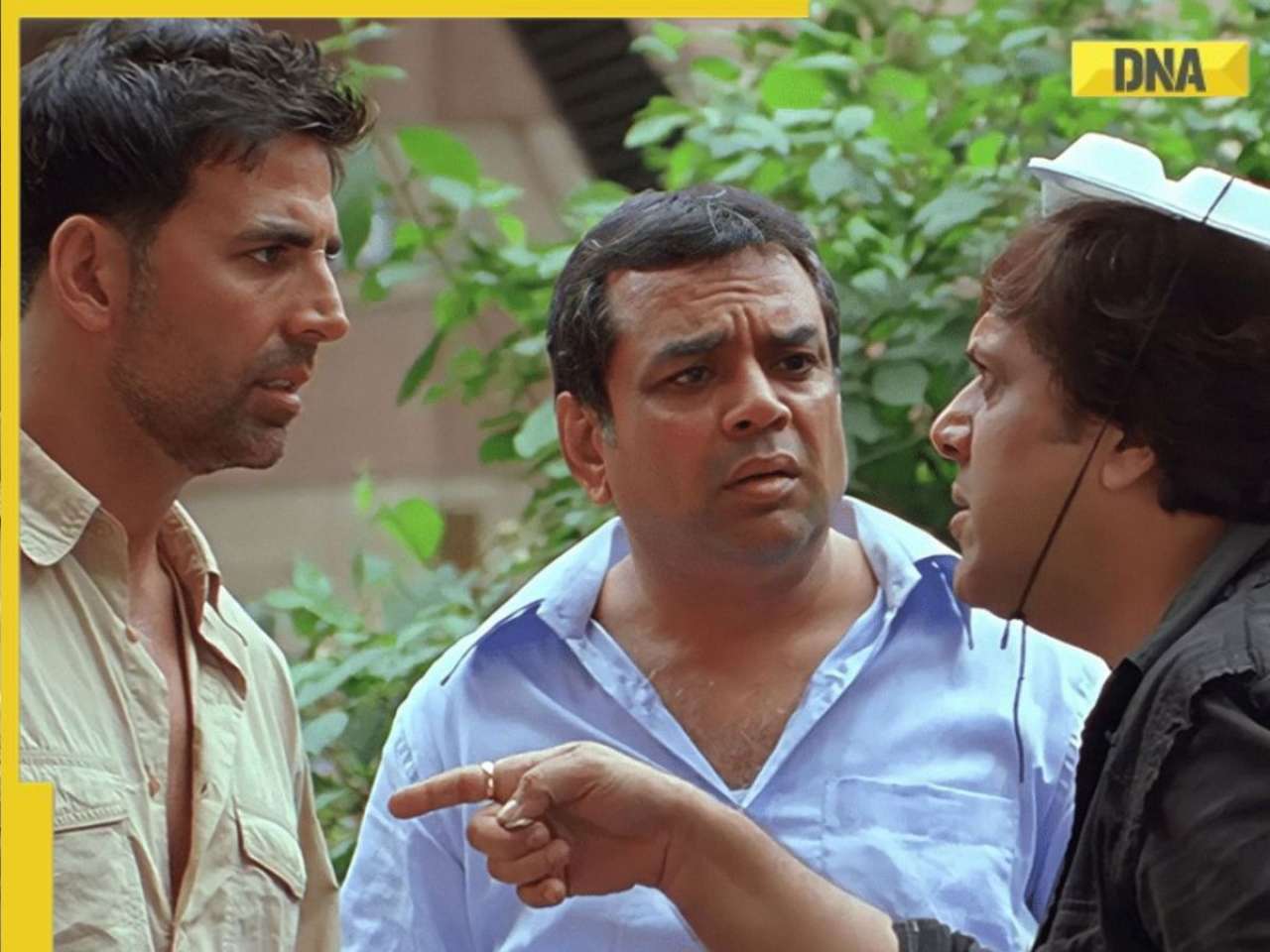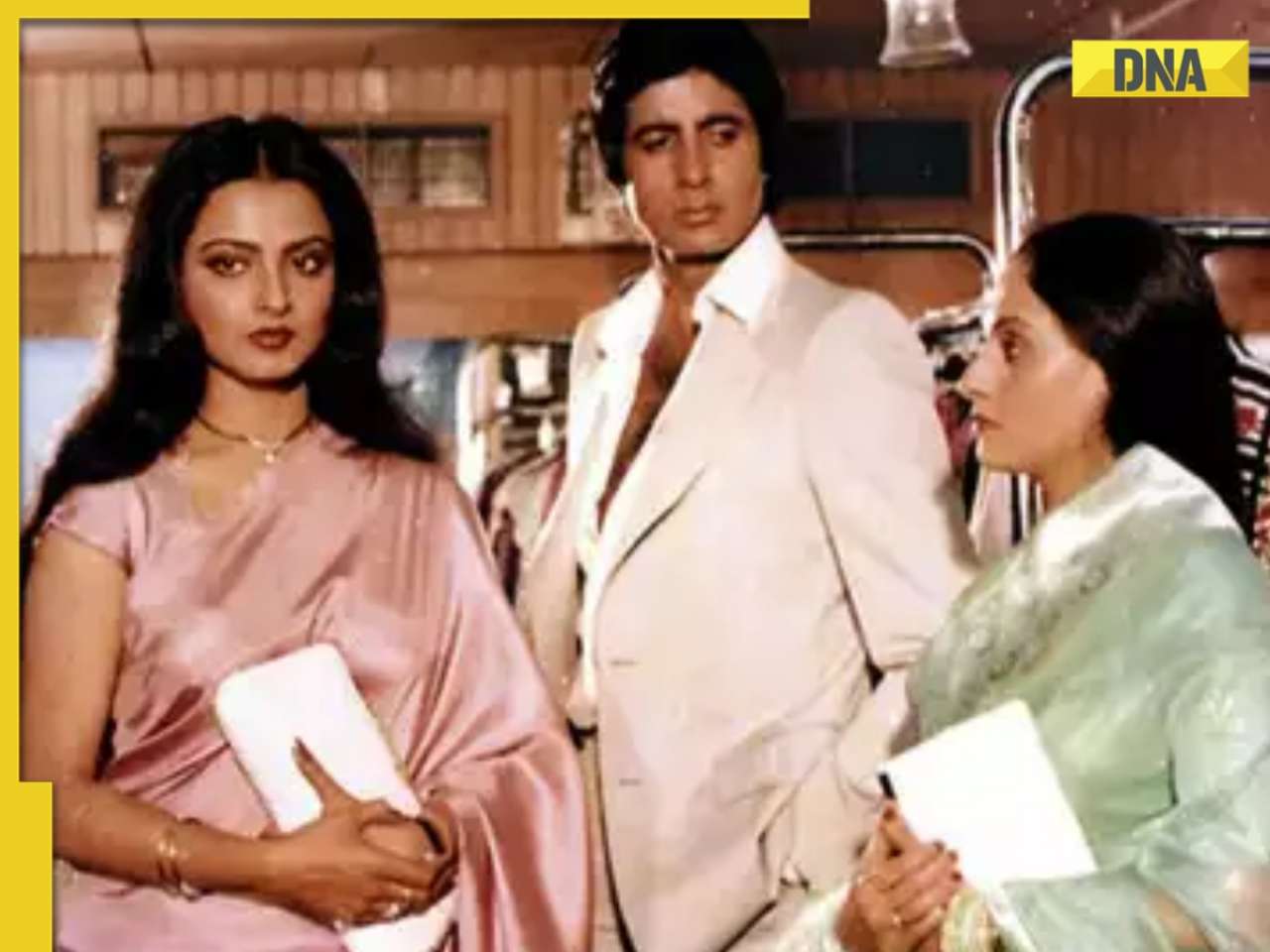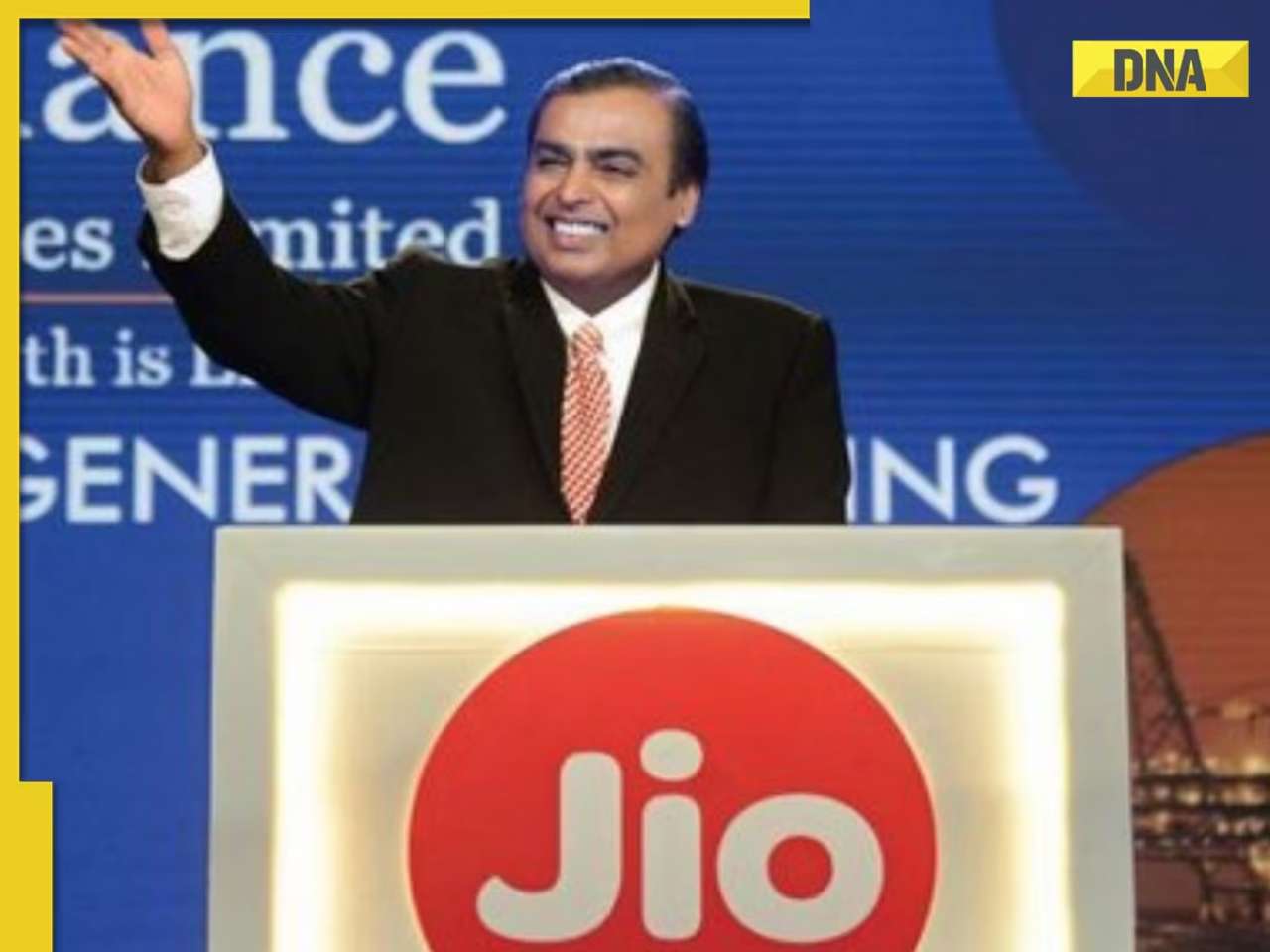- LATEST
- WEBSTORY
- TRENDING
BUSINESS
A fat tail that almost whipped Wall Street into oblivion
Long Term Capital Management (LTCM) was a hedge fund which collapsed in late 1998 and almost took down most of the big investment banks of Wall Street with it.
TRENDING NOW
This small group…attempted to marry the best of finance theory with the best of finance practice — Robert Merton
Long Term Capital Management (LTCM) was a hedge fund which collapsed in late 1998 and almost took down most of the big investment banks of Wall Street with it. But for most of the period it existed, it was the toast of Wall Street, delivering fantastic returns for a small coterie of high networth investors.
Roger Lowenstein chronicles the entire story of LTCM in his book, When Genius Failed - The Rise and Fall of Long Term Capital Management. “As far as securities law is concerned, there is no such thing as a hedge fund. In practice, the term refers to a limited partnership, at least a small number of which have operated since 1920s. Benjamin Graham, known as the father of value investing, ran what was perhaps the first. Unlike mutual funds, their more common cousins, these partnerships operate in Wall Street’s shadows; they are private and large unregulated investment pools for the rich. They need not register with the Securities and Exchange Commission....For the most part, they keep the contents of their portfolio hidden. They can borrow as much as they choose (or as much as their bankers will lend them - which often amounts to the same thing,” writes Lowenstein. The author defines the term ‘hedge fund’ as a “colloquialism derived from the expression ‘to hedge one’s bets’, meaning to limit the possibility of loss on a speculation by betting on the other side.”
John Meriwether (JM), the man, who put together the team at LTCM, wanted to “concentrate on “relative value” trades in bond markets, writes Lowenstein. “Thus, Long Term would buy some bonds and sell some others. It would bet on spreads between pairs of bonds to either widen or contract. If interest rates in Italy were significantly higher than Germany, meaning that Italy’s bonds were cheaper than Germany’s, a trader who invested in Italy and shorted Germany would profit if, and as, this differential narrowed. This is a relatively low risk strategy.”
The gains arising out of such trades would be very small. To magnify these gains, Meriwether planned to use very high leverage. “Meriwether planned from the very start that Long Term would leverage its capital 20 to 30 times or even more. This was a necessary part of Long Term’s strategy, because the gaps between the bonds it intended to buy and those it intended to sell were, most often, minuscule” writes Lowenstein. As he further points out “financial leverage multiplies your “strength” - that is, your earning power - because it enables you to earn a return on capital you have borrowed as well as on your own money. Of course, your power to lose is also multiplied. If, for some reason, Long Term’s strategy ever failed, its losses would be vastly greater and accrue more quickly; indeed, they might be life threatening - an eventuality that surely seemed remote.”
Meriwether put together a team, which included two academics - Robert C Merton and Myron S Scholes - who later got the Nobel Prize in Economics. These two gentlemen, along with Fisher Black, had come out with an option pricing formula which became famous as the Black-Scholes model.
Meriwether had high ambitions for LTCM, writes Lowenstein. “And Meriwether wanted to raise a colossal sum, $2.5 billion (the typical fund starts with perhaps 1% as much). Indeed everything about Long Term was ambitious. Its fees would be considerably higher than average. JM and his partners would rake in 25% of the profits, in addition to a yearly 2 percentage charge on assets (most funds took only 20% of profits and 1% on assets.” The fund also insisted on a three-year lock-in, which was almost unheard of for hedge funds. At the end of the money-raising exercise, LTCM managed to raise around $1.25 billion, around half of what the plan was, but that still made it the largest start-up ever.
At the end of its first year, LTCM delivered 20% to its investors after expenses. This happened in a year where the average investor had lost money. Wall Street investment banks saw this performance and wanted to do business with LTCM. “The banks accomplished this by a practice known as “renting out the balance sheet” - literally, transferring their enormous borrowing power to hedge funds with lesser credit ratings, a service for which they charged mere pennies on every $100 of credit. Long Term, which was easily the Street’s biggest hedge fund customer, was reputed to be throwing off $100 million to $200 million in fees to Wall Street each year, and each of the banks wanted as big a share of the money as possible,” writes Lowenstein.
As LTCM became more successful, other hedge funds started to copy what it did. As more hedge funds tried to trade on the same arbitrage opportunities, the gains were whittled down. This led LTCM do get into paired shares trading. In Europe, a lot of companies are doubly listed, but their share prices are different. LTCM hoped to profit from this. A pair the company was big on was Royal Dutch Petroleum of Netherlands and Shell Transport of England. “Although Royal Dutch and Shell got their income from the same source - that is, from dividends on Royal Dutch/Shell - the English firm had historically traded at an 8% or so discount to its Dutch cousin. The stocks were owned by distinct pools of investors, and the Dutch stock was typically more liquid. But there was no good reason for the price differential,” writes Lowenstein.
LTCM felt this price difference would narrow as Europe was well on its way to becoming a single economic unit. So they bet $2.3 billion on its trade, half of this was long on Shell, the other half short on Royal Dutch. This and other equity arbitrages like merger arbitrages cost LTCM dear.
On August 17, 1998, the Russian government defaulted on its bonds. LTCM was big on these bonds. Investors, rattled by this, started pulling out their money from all emerging markets. This hit LTCM’s investments in emerging markets very hard.
On Friday, August 21, 1998, LTCM lost $553 million all around the world. LTCM basically traded on the basis of lots of models built on the past performance of various markets. “Long Term, which had calculated with such mathematical certainty that it was unlikely to lose more than $35 million on any single day, had just dropped $553 million - 15 percent of the capital - on that one Friday in August” writes Lowenstein. LTCM’s models had not envisaged the “self-evident” liquidity risk. One way out for LTCM was to reduce its positions so as to limit its losses, but that was also not feasible. “Long Term knew it had to reduce its positions, but it couldn’t - not with markets under stress. Despite the ballyhooed growth in derivatives, there was no liquidity in credit markets. There never is when everyone wants out at the same time. This is what the models had missed. When losses mount, leveraged investors such as Long Term are forced to sell, lest their losses overwhelm them. When a firm has to sell in market without buyers, prices run to the extremes,” writes Lowenstein.
If Long Term just liquidated its positions, it would take down other Wall Street banks with itself as well. So, to prevent the fall of LTCM leading to a systemic crisis, the Federal Reserve of New York had to step in and help organise a bailout for most Wall Street banks.
“Even after their historic loss, the Long Term partners admitted to no essential mistake. They had been done in, they argued, by an unforeseeable event - a perfect storm such as strikes once in a hundred years.” So typically human, muses Lowenstein. “People caught in such financial cataclysms typically feel singularly unlucky. But financial history is replete with examples of “fat tails” - an unusual and extreme price swing that, based on a reading of previous prices, would have seemed implausible.”








)
)
)
)
)
)
)
)
)
)
)
)
)
)
)





























































